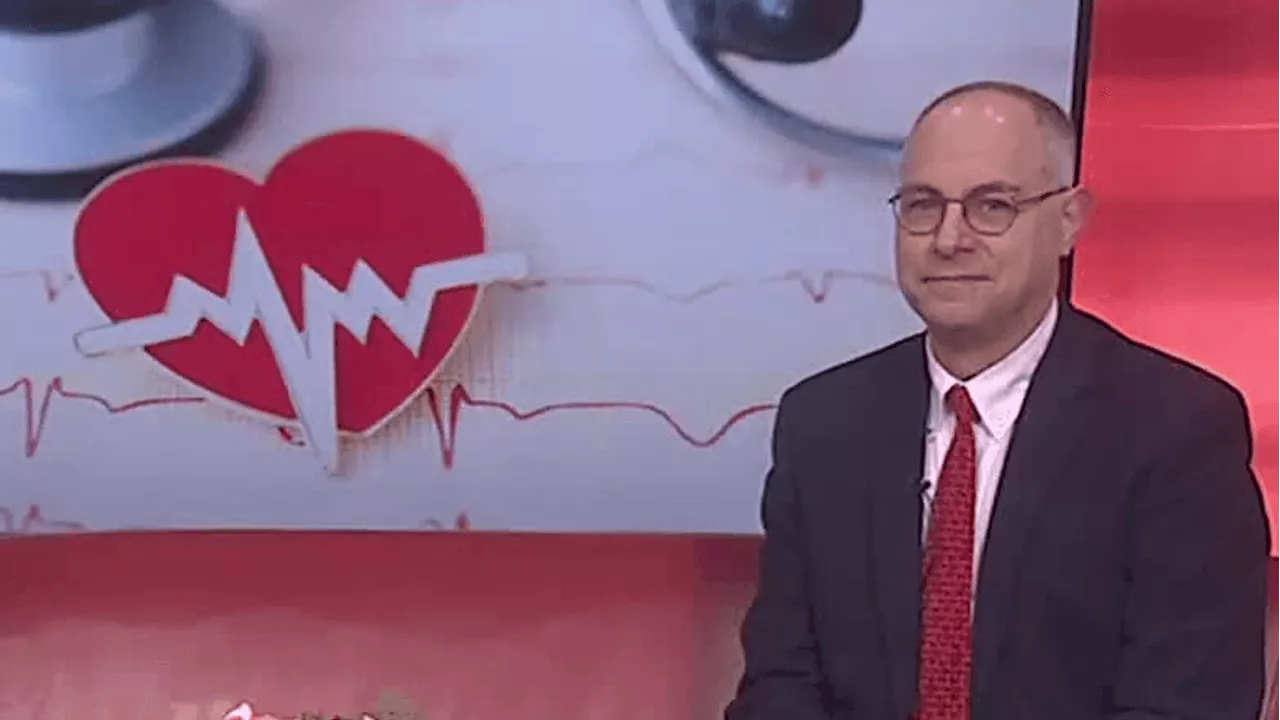
UPDATE: Waukegan taxpayers are set to benefit from a stable property tax situation for the sixth consecutive year. The Waukegan City Council unanimously approved a $37.3 million real estate tax levy on Monday, ensuring that residents will not see an increase in the city’s portion of their tax bills when they are issued by Lake County in spring 2024.
This decision comes as higher costs loom for the city, with Mayor Sam Cunningham expressing optimism about maintaining this zero-levy increase. “We identified these things early on, and it has helped us to achieve a zero-levy increase for six years,” said Cunningham. The proactive fiscal planning allowed the city to finalize its budget for the fiscal year, which started on May 1, early enough to avoid tax increases.
The approved levy represents approximately 14.2% of the city’s total projected revenue of $262.9 million. This is particularly significant as the city navigates a budget gap filled by $29.3 million from cash reserves, following the approval of a record budget of $292 million in May.
Residents can expect their average annual tax on a three-bedroom home, valued at around $240,000, to be approximately $4,469. However, Ald. Lynn Florian of the 8th Ward cautioned that while the city’s portion remains unchanged, overall tax bills may rise due to adjustments from other governmental entities. “Your tax bill may look different next year than it does this year,” Florian noted.
In a notable shift, the Waukegan Community Unit School District 60 recently increased its tax levy by 4.99% to ensure educational quality, highlighting the layered complexity of property taxes in the area.
Mayor Cunningham emphasized that taxpayers should not blame the city for all increases on their bills, as portions go to various entities, including school districts and the county. “A lot of times, the city of Waukegan has gotten blamed for every tax increase that you see on your bill,” he stated, urging residents to scrutinize their tax breakdowns.
Looking ahead, Cunningham acknowledged that significant expenses are on the horizon, including plans for a new police station and fire station. The city also faces potential liabilities related to wrongful convictions, which will impact future financial obligations.
As Waukegan navigates these financial challenges, taxpayers can take comfort in the stability of their city tax obligations, for now. However, the mayor’s commitment to maintaining this stability will be tested as the city enters the second half of its fiscal year, ending on April 30, 2024.
With property tax revenue earmarked for essential services, the transparency and fiscal responsibility of Waukegan’s leadership will be crucial in the months to come. The community will be watching closely as expenses funded by this revenue, including $4.87 million for the public library and $6.75 million for garbage collection, shape the quality of life in Waukegan.





